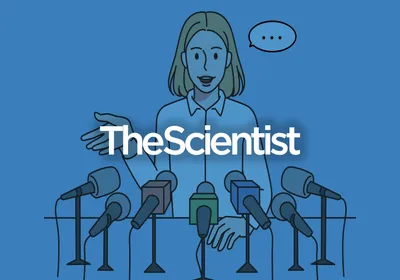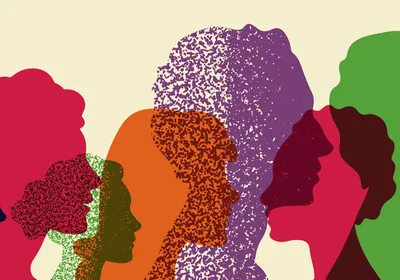 FLICKR, S PANTSScientists must be aware of unintended consequences when arguing about uncertainty, especially as evidence-based policies often demand consensus.
FLICKR, S PANTSScientists must be aware of unintended consequences when arguing about uncertainty, especially as evidence-based policies often demand consensus.
Science + certainty = paradox
In a way, we all construct our own certainties out of uncertainty. From irrational options we make pseudo-rational choices. For example, politics and religion involve a lot of uncertainty, yet nevertheless, we choose a camp, and can feel certain about it. Certainty makes life easier—or it at least reduces anxiety. Even scientific textbooks seem all about certainties and the media also convey messages that science is certain.
But science, of course, is about being uncertain, and exploring uncertainty.
Policy + uncertainty = dilemma
Sound policymaking must be based on scientific evidence. But where does this evidence come from? Here, textbook “certainty” is of no help; by the time a chapter is written, the evidence is already outdated. On the other ...

















